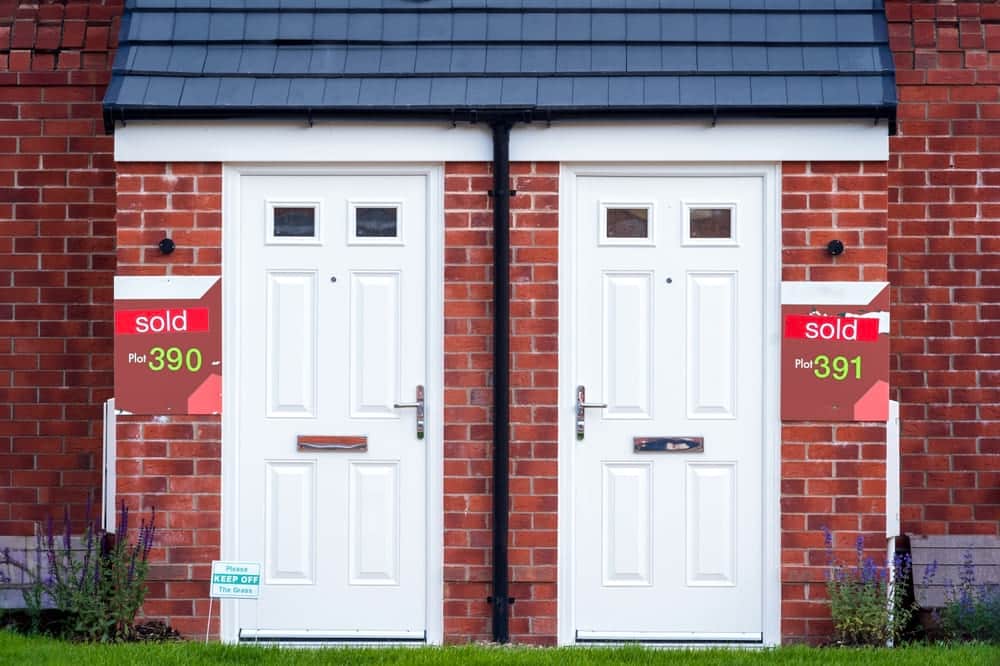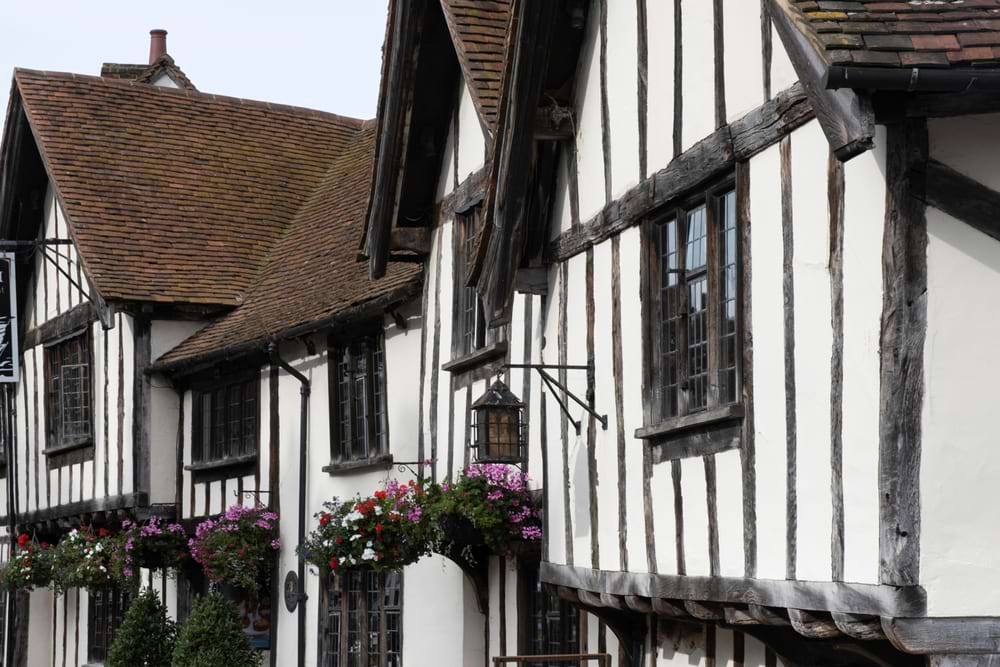Help to Buy has been around in the UK in one form or another since the 1970s.
It’s helped tens of thousands of people get on the property ladder.
Read on to learn what it is and how it works.
What is Help to Buy?
The Help to Buy scheme involves paying interest on your equity loan for five years. The initial rate of interest (1.75% in the sixth year) is generous considering the current market.
Interest rates
You will benefit from five years without interest and a low rate in your sixth year. But the interest applied to your loan will then increase by 1% every year plus any RPI increase.
These creeping costs could end up causing problems to deal with further down the line. It’s also worth remembering that should RPI increase. So could the interest applied to your loan.
Taking this into account, the amount you will repay is not fixed. It will fluctuate with the market value of your property.
So, if your house has risen in value, you may be eligible to pay more than you borrowed.
New builds
These schemes are often tied into new builds.
Discrepancies between the asking price and the value of the properties sometimes appear.
Katie Webb of Shelter told The Debrief that:
there is a premium on new builds and [developers] have a bit of a captured market because of this.
Negotiation
This means there is less room for negotiation which is leaving first-time buyers on the back foot.
Some property experts even claim that the Help to Buy scheme has started to inflate house prices.
The concern here is that it is causing a housing bubble that will burst when the scheme ends. It could leave many buyers in negative equity.
These schemes aim to help young people to get their foot on the property ladder. But they are not without their pitfalls. And should be carefully considered before you enter them.
Alternatives to Help to Buy
1. Shared Ownership
Shared Ownership is an initiative in the UK that enables you to own a portion of a property. It helps buyers get on the housing ladder with a much smaller deposit.
The amount that you can borrow depends on the size of your deposit. You will be approved to buy a proportionate share of the house.
For example, instead of needing £30,000 for a 10% deposit on a house valued at £300,000, you could instead save £15,000. Then, you have a deposit to own 50% of the property.
Keep in mind that you could be able to buy a larger share of the house later on. For example if you get a pay rise or save up even more money.
This method of house buying means that you can continue to build equity on the share that you own.
You could make a profit if you sell the house for more than you paid for it. Although your total profits would just be proportionally smaller.
2. Deposit Unlock
The deposit unlock initiative in the UK enables you to buy a house with just a 5% deposit.
This is possible because the house builder will insure the mortgage. This reassuring lenders that they won’t lose any money if the property falls in value.
Only a few mortgage lenders participate in this scheme. So you will need to partner with one of these organisations to be eligible.
You will also need to work with one of the home builders involved in this initiative.
This option enables you to get onto the property ladder with just a 5% deposit.
3. Guarantor mortgage
With a guarantor mortgage, you can buy a house without a large deposit or – in some cases – no deposit at all.
A guarantor is someone responsible for repayments that you cannot meet.
The mortgage is secured against the guarantor’s possessions (e.g., savings, property).
This requires a huge amount of trust between two individuals.
Asking someone to be your guarantor can place them in a difficult position. They rely on you to be financially responsible.
4. Gifted deposits
Lots of people are turning to ‘the bank of Mum and Dad’ in recent years to finance a house purchase.
If you have relatives or friends who can afford this, asking for help may be worth considering.
This option can be advantageous to first time buyers. It decreases the amount that you are borrowing from the bank. And thereby reduces your monthly repayments.
In theory, this should make your mortgage payments more affordable.
Different mortgage lenders have varying rules on who is or isn’t allowed to gift a deposit.
For example, some lenders prefer it to be an immediate relative (such as a parent or sibling).
They may be reluctant to permit this from someone in your extended family, such as an uncle or cousin.
5. Family deposit mortgage
A family deposit mortgage involves the support of family to help you to get on the property ladder.
This scheme means that you may not have to make a deposit on the property. Your loved ones will do it for you – and then receive their money back (with interest) a few years down the line.
This offers security to the mortgage lender. In return, you will have to borrow the full amount of the property.
In most cases, a lender will ask for a 10% deposit on a Family Deposit Mortgage. This money will then often be paid back over a five year period, with interest.
Once again, this method involves a huge amount of trust between you and your loved one. You are responsible for meeting your monthly repayments, but they will suffer if you fail.
You may be borrowing 100% of the property’s amount. This means that your monthly repayments will be higher than if you had put down a mortgage yourself.
6. Joint Borrower Sole Proprietor (JBSP)
A Joint Borrower Sole Proprietor (JBSP) mortgage is for for bolstering borrowing power. It includes the income of a friend or family member in an application.
It is particularly useful for first-time buyers. Or those looking to purchase a property beyond their individual financial capacity.
Multiple individuals can contribute to the mortgage. But the property title remains solely in the name of one person.
This unique structure offers flexibility. The sole property owner can eventually transfer the mortgage into their name.




















